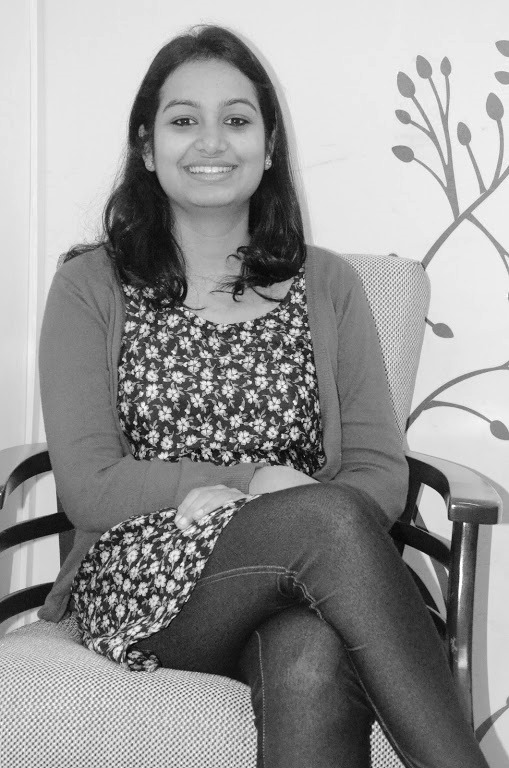
|
A graduate in the MS Rehabilitation Counselling program from the University of Wisconsin-Stout, Sindhushri also has a Bachelor’s degree in Electronics and Communication Engineering. After a two-year stint in the United States working mainly in the field of Disability Adjustment Counselling, she moved back to India and since then has lent her support and expertise to Athoz from the very beginning. Before moving back permanently to India she worked with the State Government of Virginia. At Athoz Sindhushri leads the Research & Development and Training Team. She works with people going through a wide range of issues that is affecting their general well-being. She also holds a professional membership in the Association for Contextual Behavioral Science (ACBS), and believe in working majorly in Acceptance and Commitment Therapy along with an integration of Cognitive-Behavior Therapy, and Positive Psychology. In the clinical area, in addition to addressing the more common presentations of anxiety and depression, she specializes in trauma and relationship issues. Furthermore, she is also undertaking research on the efficacy of third-wave therapies for the Indian population with the parent company, The Mind Research Foundation. Her hobbies include playing the Sitar, knitting and creating zentangles. She aspires to work towards making India more acceptive of diverse problems and help people integrate their tougher transitions as a part of their natural experience. Read More
In her words “Therapy for me is about taking action to solve problems and finding a sense of meaning and purpose amidst challenges. Athoz gives me a platform to blend psychological theory and research in therapeutic work to ultimately help clients with self-discovery and personal growth. A therapist is like a personal trainer, and therapy is like an emotional body-building. My life mission is to make the process of multi-layered counseling a more workable model. To quote Gandhi: “A man is but the product of his thoughts what he thinks, he becomes.” so working from this principle, in this modern world, this is a crucial time to make therapy more convenient and approachable.” |
